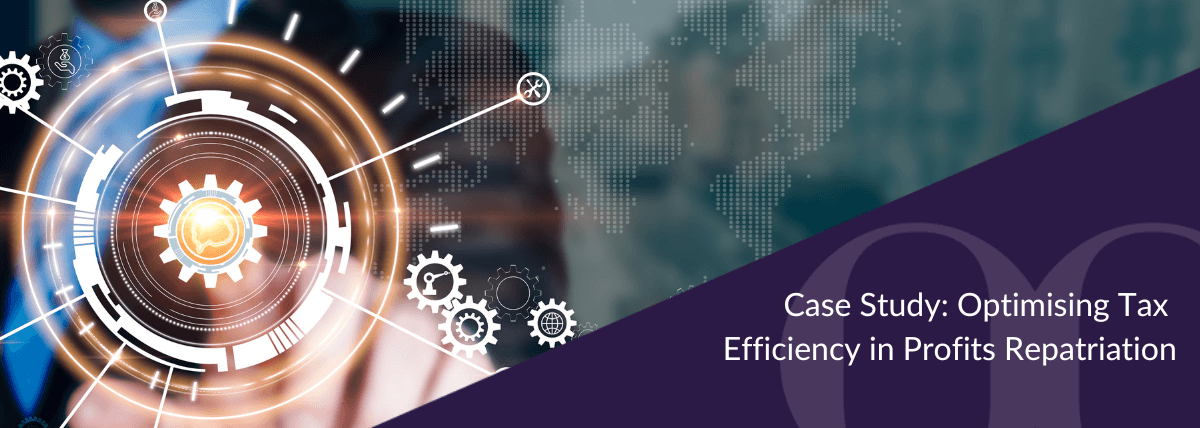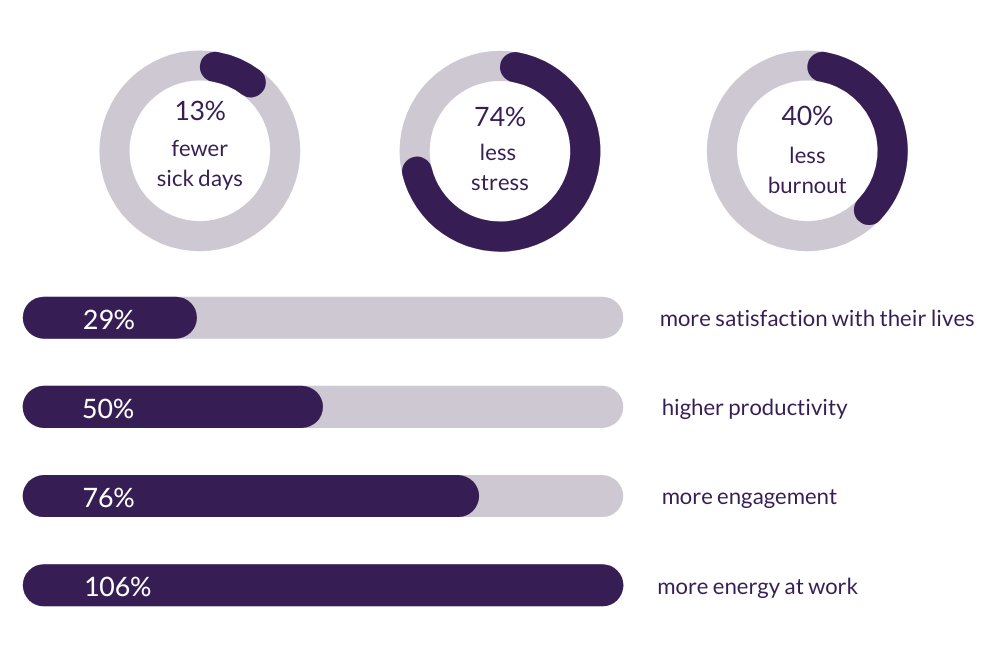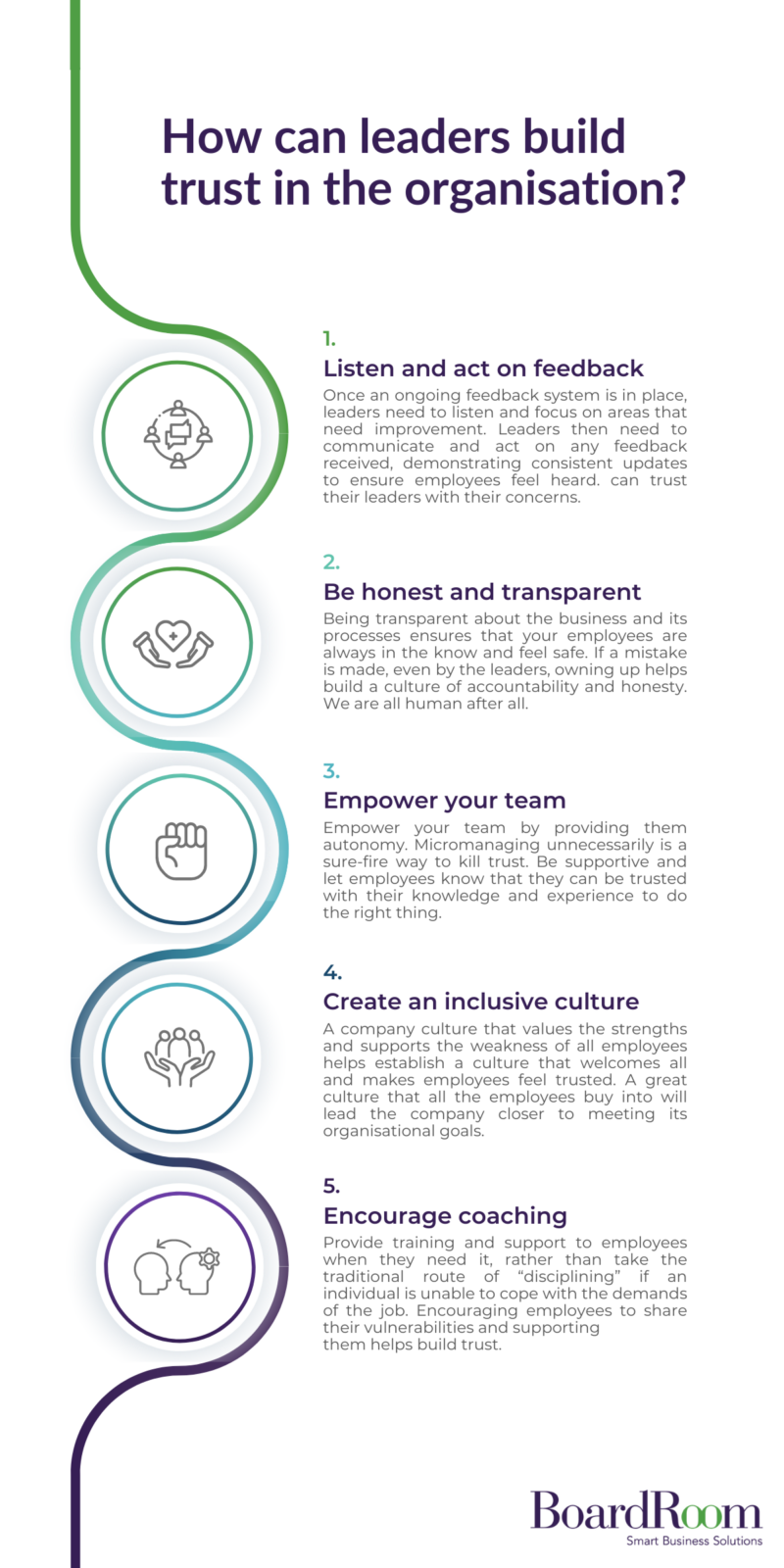The latest buzzword in the corporate world is the 4-Day work week. According to a survey conducted by Indeed, 88% of Singaporean employees supported the push of a 4-day work week with the same salary.
The 4-day work week has been touted as a solution to improve work-life balance without sacrificing productivity, but does it work for all organisations?
Click the video below to listen as our Chief People Officer, Stephen, shares his views on the 4-Day work week.
Click to play video
The key questions Stephen answers are:
- Does a 4-day work week work for all industries?
- What are the potential challenges for organisations wanting to implement a 4-day work week?
- Which 3 key areas should organisations look into when implementing a 4-day work week?
About Stephen
Stephen has three-decades of human capital experience in the professional services industry. Previously a Partner and HR leader from Big Four firm KPMG, Stephen is a passionate leader who believes in the optimisation of human potential, and promotion of empathy and humility as a central theme in managing the organisation’s most prized assets. He possesses consulting, strategic and operational experience in the talent agenda. His forte lies in the development and delivery of people and transformational solutions, with a specific emphasis on the recruitment, development, management and retention of talent.
Related Business Insights
-

17 Oct 2024
Payroll Best Practices: Your Guide To Financial Services Payroll Management
Effective payroll management in financial institutions is key to compliance and risk reduction. Find out what you c …
READ MORE -

07 Oct 2024
Your Guide to Global Mobility Tax Solutions
Discover ways to navigate tax and compliance when working with international assignments with global mobility tax s …
READ MORE -

06 Sep 2024
Case Study: Optimising Tax Efficiency in Profits Repatriation
Discover how BoardRoom's two-step tax approach helps a multinational conglomerate evaluate tax-efficient profit rep …
READ MORE




